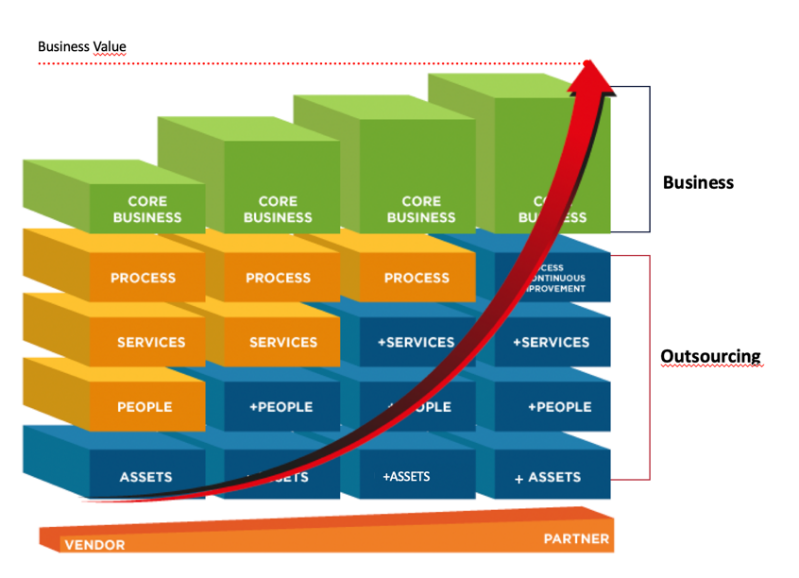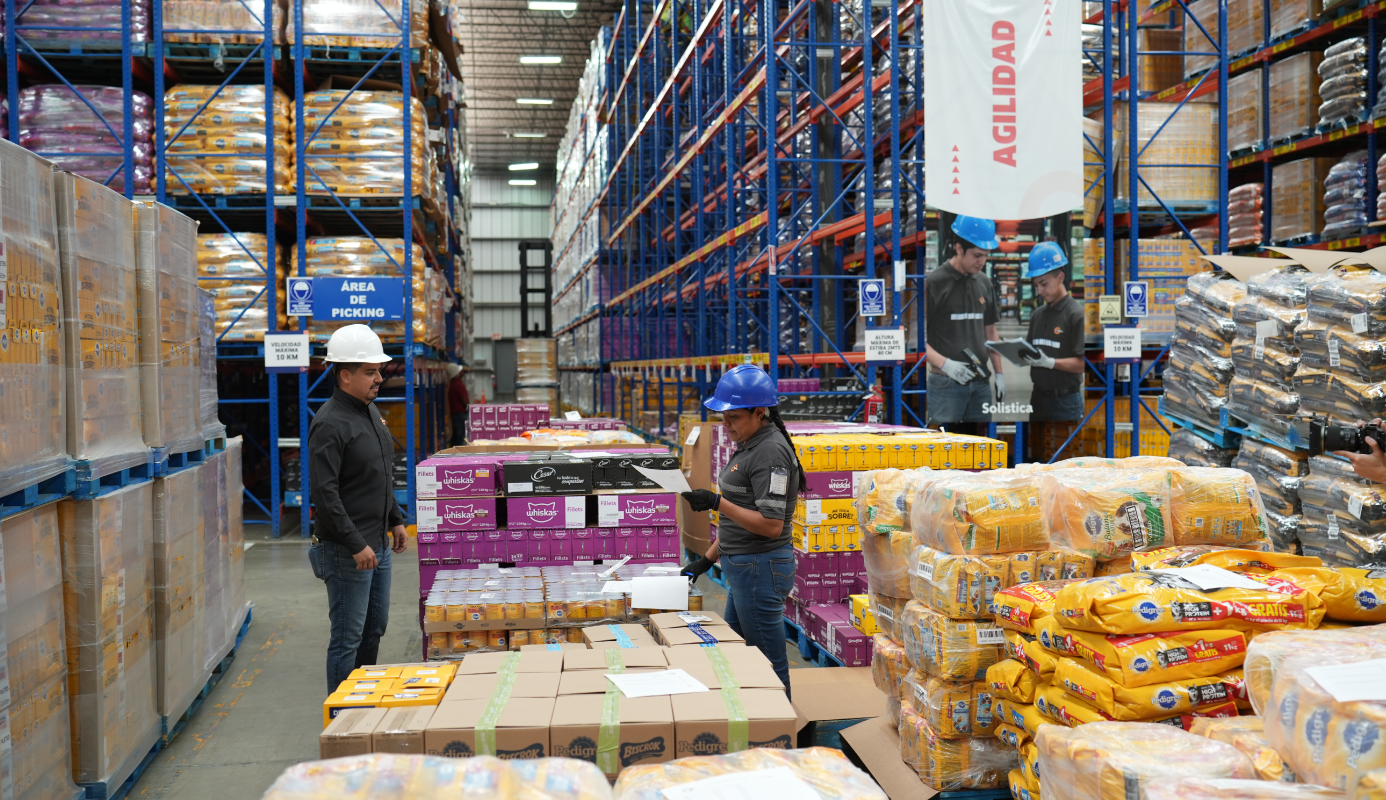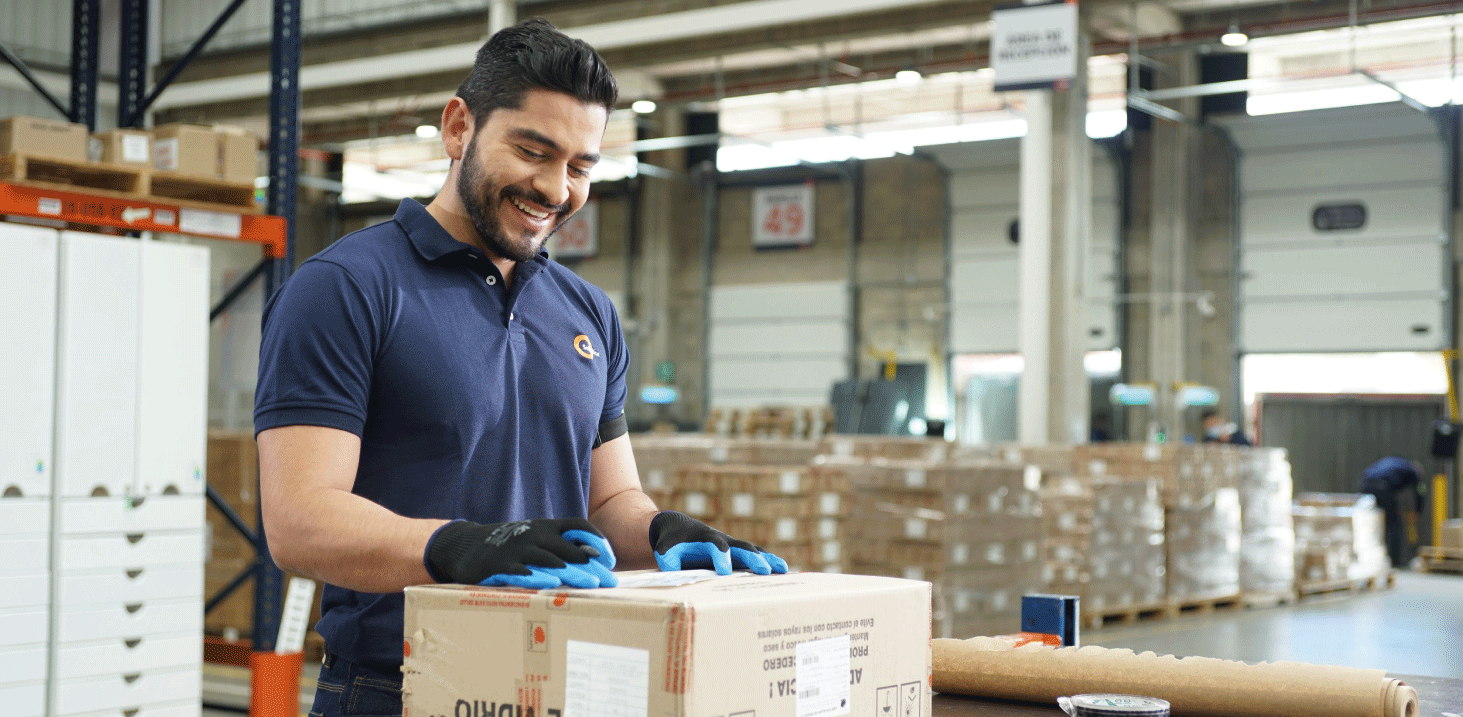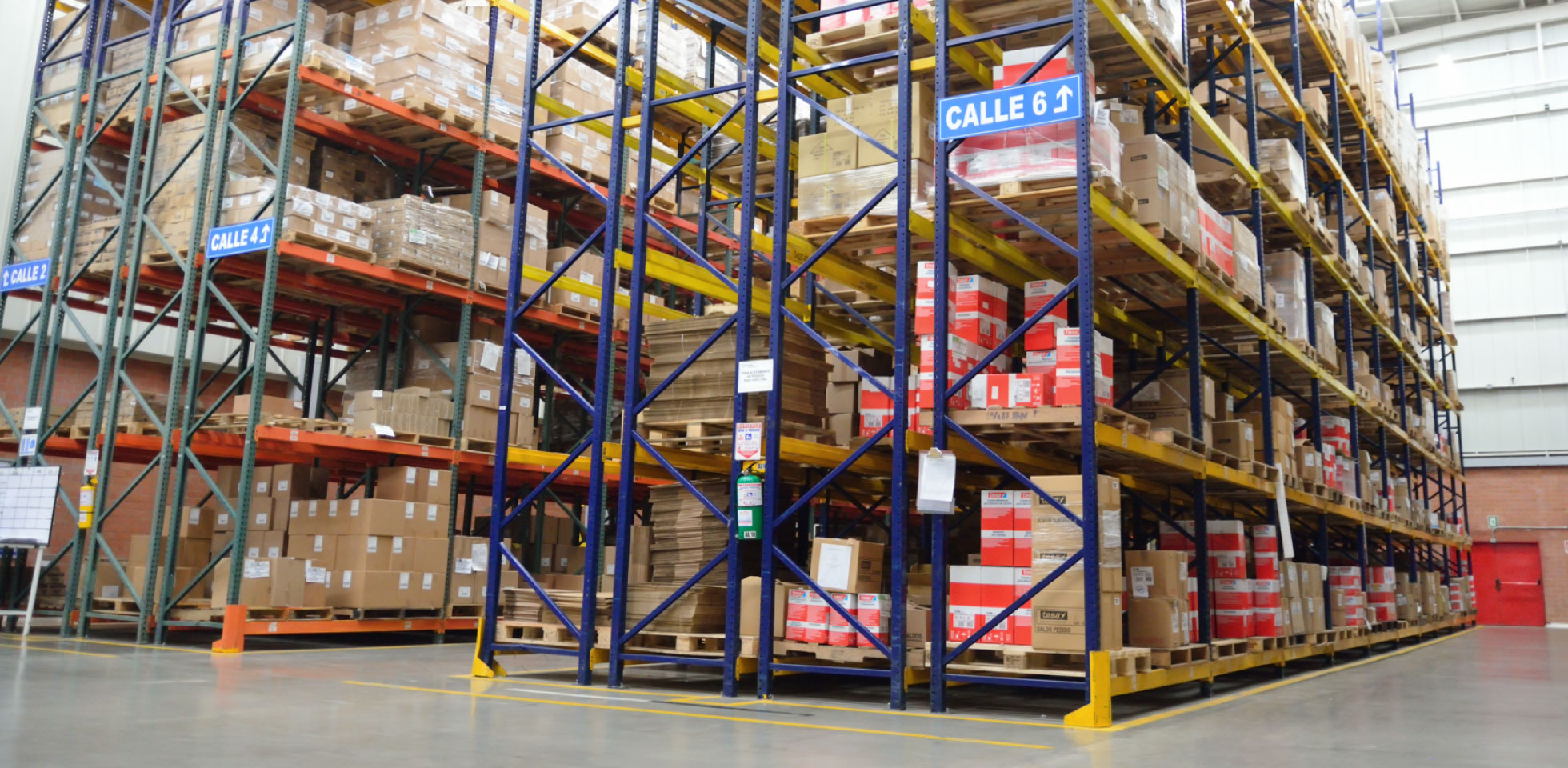The new market models and the digitalization of services have forced companies to offer a differentiating value and to create strategies to lower the cost of their logistics by identifying essential processes for delivering value that do not belong to their core business.
The outsourcing of logistics services has made a major contribution to provide a differentiation when it comes to lowering the operational costs and times, allowing access to markets where we had no prior presence, providing even more safety for merchandise, offering customized solutions, improving the quality of service, increasing efficiency, and optimizing shipping times.
Outsourcing is not limited to companies’ processes; every day we outsource services without even realizing it, trusting experts to do what they do better than us.
To exemplify this better, we developed a model for a Road to Maturity in Outsourcing where we can see the difference in a company’s performance when it is not entirely focused on its core business versus when it delegates some areas to expert allies. The result offered by outsourcing is that companies significantly raise their productivity, effectiveness and, therefore, their profitability.
To reach this maturity point in any strategic partnership, we must follow a route that contemplates the efficiency of the business according to the responsibilities and performance of the logistics company. By doing this, we can give better value to our end clients or increase the value of the business while it focuses on what it does best, its core business.

As the company delegates areas that are not related to its core– integrating the services that outsourcing companies offer and transforming the relationship we have with vendors as suppliers into one where they become strategic partners – its profit grows.
Choosing the Right Partner
As in every other type of relationship, in the outsourcing of logistics we share interests and responsibilities and we trust each other, which allows partners to work better and to deliver better value for the business. This trust becomes an extension of the organization that should be preserved and developed.
Trust is not just ‘something nice to have’ but, as Stephen M.R. Covey describes it in ‘Speed of Trust’: “Trust is an asset that yields quantifiable financial value.” In other words when trust is high, the speed of execution increases, and costs decrease. This is only one of several reasons why finding ways to improve the levels of trust (both within and outside the company) makes financial sense.
Thus, choosing a strategic partner is very much like choosing a life partner. We must carry out a detailed analysis following these steps:
- You first choose a partner that agrees with some criteria you find important. The region where it operates, its experience, the solutions that it offers, and the sectors where it has operated, among others.
- You meet up to find out if you make a good fit, if they can help you, if you think alike, if you share values and goals, and to see if their processes and platforms are flexible.
- Relationship Kick-Off. You become logistics partners, working together. This is a period of adaptation where there must be trust, security and a shared long-term vision.
- Commitment and Consolidation. You create a solid, trusting bond. This is the stage where current businesses are carried out, where you find new opportunities, and where you look for growth.
It is quite important to fully understand and familiarize yourself with your logistics partner, emphasizing the values shared by both parties.
These are some basic aspects on which relationships are based:
- Communication: exchanging information constantly, setting up routines, and using the proper channels.
- Alignment: defining shared goals and speaking in the same terms.
- Accountability: owning the results, focusing on goals with a high level of commitment.
- Transparency: having access to information with openness, visibility, and integrity.
- Congruency: doing what we preach, being accountable, being trustworthy to guarantee the quality of service we offer clients, and honoring agreements.
In addition, keep in mind that we grow relationships over time, looking for specific mechanisms like:
- Improvement Initiatives: having a deep understanding of the business and of new technologies and carrying out training.
- Innovation: keeping creative, keeping the surprise factor, and thinking outside the box.
- Planning: defining priorities and approaches and keeping moving ahead towards the same goal.
- Sharing Challenges: finding ways to create value together, knowing how to tackle new situations, finding new opportunities, and making the necessary adjustments.
Solistica, the Right Partner with the Right Solution
Solistica nurtures and develops its relationships with clients through improvement initiatives, innovation, planning, and by sharing the challenges we currently face together.
Our logistics model provides flexibility, and our advanced technology enables continuous improvement and fosters integration capabilities. Our clients are in the center of the company, our core business; thus, we focus on the efficiency of the operation, including quality, operational management, safety, health, environment, and on carrying out projects with excellence.
The structured solutions we offer, the human talent we have available, and the specific knowledge we have on every region and sector where we operate, make our market proposal uniquely different. We ensure consistency in service by building trusting relationships with clients so we can grow together and become Latin America’s Logistics Strategic Partner.






